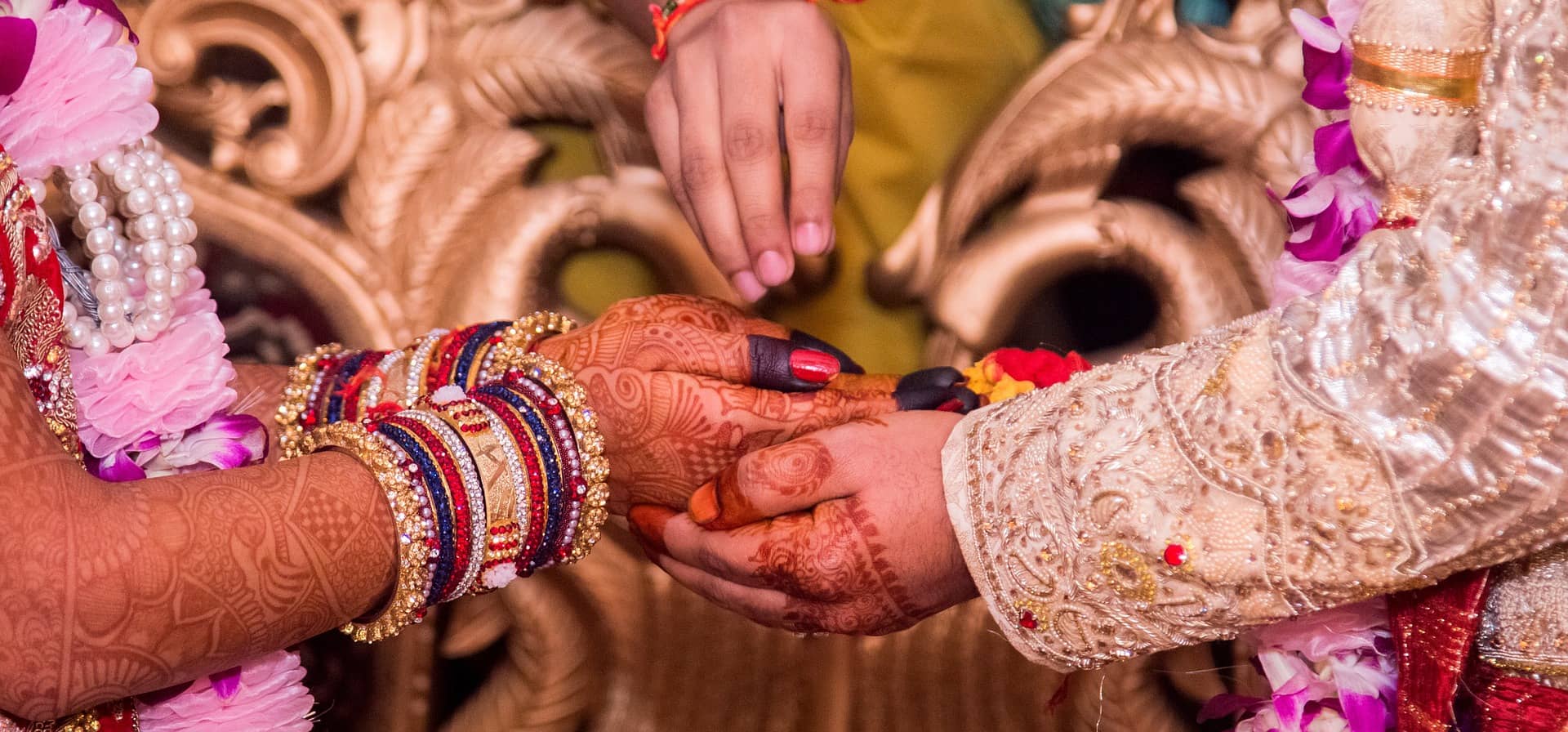The World Hindu Council, which has spearheaded the campaign to construct a temple at the Babri mosque site, called the ruling a blow to India's dominant religion. The council did not indicate whether the ceremony would go ahead or not on Friday, but a Hindu leader close to the council said he was determined to hold it.
``I will donate the pillars and perform prayers at the undisputed site as scheduled, and will not restrict the number of devotees during that March 15 march,'' Ramchandra Das, chairman of a trust set up to build the temple, said. He was referring to pillars due to be dedicated during the ceremony at the site in the northern town of Ayodhya.
Religious violence has killed 700 people in the past two weeks, sparked when a Muslim mob set fire to a train of Hindus returning to the western town of Godhra from a pilgrimage to the disputed sacred site on Feb. 27. Vengeful Hindus torched Muslim homes and businesses and attacked Muslims in Gujarat state.
Das, a Hindu priest whose Ram Temple Trust is close to the World Hindu Council, He warned of a repeat of such violence if his followers at Ayodhya were were attacked.
``The March 15 program will be peaceful,'' Das said. ``But if they are attacked like in Godhra, the reactions will match the Gujarat post-Godhra incidents.''
The World Hindu Council did not comment on the ceremony.
``We accept the decision of the Supreme Court,'' said Praveen Tokadia, general secretary of the council. ``But we have to say with regret that for the first time, Hindus have been denied the fundamental right to worship in independent India - something not done even by the British rulers and their courts.''
The Babri mosque, which was destroyed by Hindu militants in 1992, stood on a place where Hindus believe their principal god Rama was born.
The three-judge panel upheld a 1994 decision and ruled Wednesday that no religious ceremonies would be allowed near the disputed site or on the government-owned land around it, until the court determined whether Hindus or Muslims should own it.
Hearing a petition filed by Muslim-rights activist Mohammed Aslam, the bench ruled that no religious activities ``of any kind by anyone'' would be allowed on the land.
S.Q.R. Ilyas, a spokesman for the All India Muslim Personal Law Board Committee, approved of the ruling, but called for calm.
``This has been our stand. There should be no ceremony until the dispute is finally decided by the court,'' he said. ``This is no time to rejoice. We will stay calm.''
Meanwhile, the government's suggestion in the court case that the ceremony be held caused an uproar Wednesday in Parliament among parties from both the ruling coalition and the opposition.
As a defendant in the case, the government was required to appear in the trial. However, the parties were angry that the government had directed the attorney general to suggest in court that the Hindu ceremony be allowed. While India has a Hindu majority, it also has a secular constitution.
Hindu priests and fundamentalists have insisted they would pray near the ruins of the Babri mosque on Friday, regardless of the ruling.
More than 12,000 police and paramilitary troops were guarding Ayodhya amid fears that thousands of Hindu nationalists would converge on the city.
The U.S. Embassy issued a travel warning that ``strongly urged'' Americans to avoid Ayodhya.

